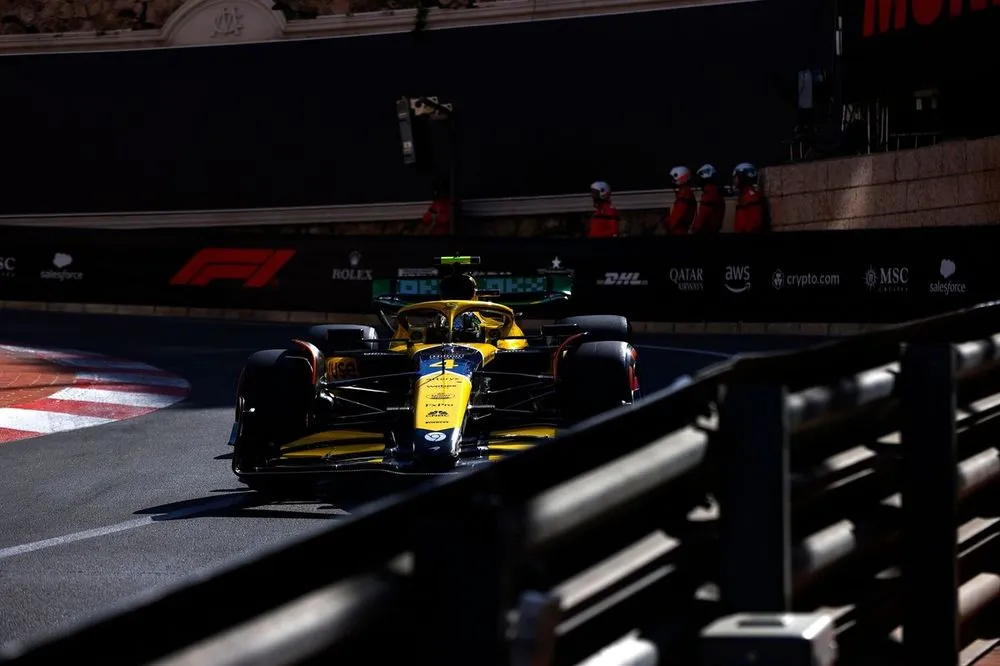Indycar Need For An Engineers Council
.webp)
In order to benefit both teams and the sport, senior members of Chip Ganassi Racing and Arrow McLaren are working to establish a council devoted to the technical aspects of IndyCar racing, as technology is developing swiftly in the paddock.
An engineers council is one crucial area that the IndyCar Series needs to strengthen, even if it has a few forums specifically designed to help advance the sport.
There is currently no location for the technical minds of pit lane to exchange ideas on how to advance advancements, like the new hybrid technology that was unveiled halfway through the 2024 season, despite the existence of groups ranging from drivers, manufacturers, team managers, and others. Arrow McLaren Team Principal Gavin Ward has suggested a suitable forum with engineers who may assist in several crucial aspects, including development, direction, and even cost.
"It's a good outreach from the series; you have frequent team manager meetings with IndyCar, which are helpful. I suppose the comments I've received are based on my experience as an engineer entering those meetings and wanting to bring up engineering-related topics, such as what sensors we permit or how to change the rules package with an emphasis on where teams go and spend their money, either engineering-wise or conceptually, or how to use the pit lane's collective expertise to try and improve the show, the racing, or the safety of the cars.
Ward is in a unique position to contribute ideas during team management meetings because of his engineering expertise, which includes 12 years of Formula 1 racing with Red Bull Racing. He pointed out that the majority of the team managers have more of a mechanical background, though, and believed that those conversations were "the wrong place for it."
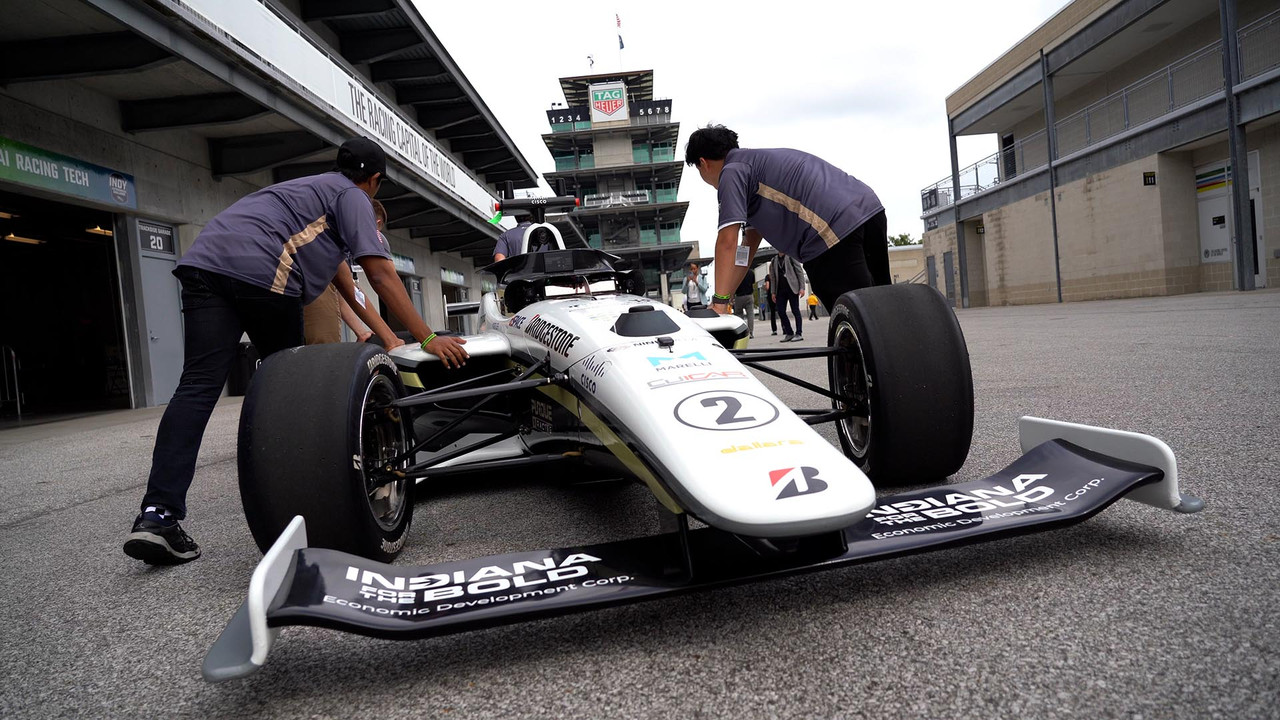
"Unlike other racing series I've worked in, there's a lot of common interest in this sport," Ward stated. However, there is a lot of shared interest in creating it, putting on a fantastic performance, and being practical about how we assemble the finest product and avoid wasting money if unnecessary, etc.
The MAHLE system, which was eventually updated and created in collaboration with Chevrolet, Honda, and IndyCar, was initially intended to be used during the early stages of hybrid testing, according to Chris Simmons, Director of Performance at Chip Ganassi Racing.
"I believe that while IndyCar employees have a lot of data from various teams, they may not have the necessary tools or the need to use the tools — simulations and other things — as rigorously as the teams do." "Teams frequently know more about what we're doing now and what we could do differently than they do. It certainly makes sense, in my opinion, to include the experts in some of those conversations.
Additionally, Ward was keen to note that series leadership occasionally prioritizes engineering over actual engineers based on driver feedback. He acknowledges the drivers' opinions, but more of the "brain power" that occupies the timing stands ought to be included.
The impact of cost on the teams involved in the introduction of any new product is another important topic of discussion.
Ward stated that "the series needs to realize the true cost of some of the decisions they make."
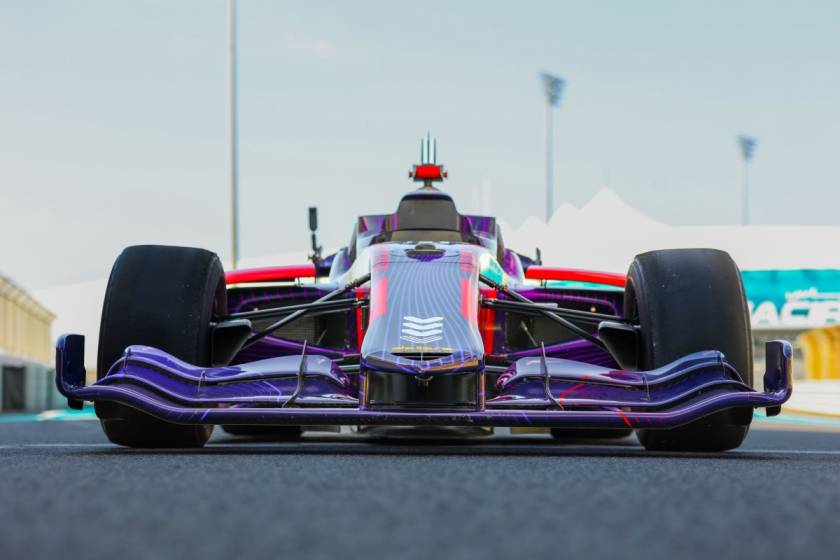
"They consider adding this new component to the race cars as an option. That part, they'll tell you, costs $1,000. However, in reality, everyone is either running their own tunnels in Mooresville, North Carolina, or Windshear (wind tunnel) aero testing it to death, spending a ton of money trying to figure out every detail about how it interacts with everything else and remapping their entire cars. That $1,000 part doesn't cost $1,000 for each automobile. It's much more than that.
Simmons continued, "Yeah, I believe that when we start discussing prices, people occasionally want to go look for something less expensive, but value is what we're really going to be looking for."
Therefore, a sensor that is half as expensive but only lasts a fourth as long is actually more costly. I believe that occasionally you pass up something that is less expensive but isn't a better deal because it gets lost in the shuffle.
"Hopefully, both large and small teams would agree on things like that, which are likely to sustain damage in a collision. You have to balance it out on some of those things because it doesn't always work out that way, even if it lasts longer. There is a lot of benefit in having a sensor in the cockpit or near the brake master cylinders that lasts for a few races and costs twice as much as something that only lasts for a few.
What an engineers council would look like, according to Ward, is something that could resemble Formula 1. In addition, he would like to include technical staff from Firestone and IndyCar in the panel to consider ways to lessen the amount of races that rely on fuel conservation and other events that don't have natural racing.
Ward remarked, "I don't think we need to reinvent the wheel." This occurs in Formula 1. They have a technical working group there; technical directors from each team are sent, and they meet, I don't know how many times a year, to talk about potential rule packages. In essence, I'm advising you to take the same action. Similar to how we do it with team managers, Formula One also holds a sporting working group, which is a gathering of team managers. Additionally, they have a technical counterpart.
"I'll be the first to say that IndyCar doesn't have to imitate Formula 1, but it also shouldn't ignore what they're doing."

.webp)
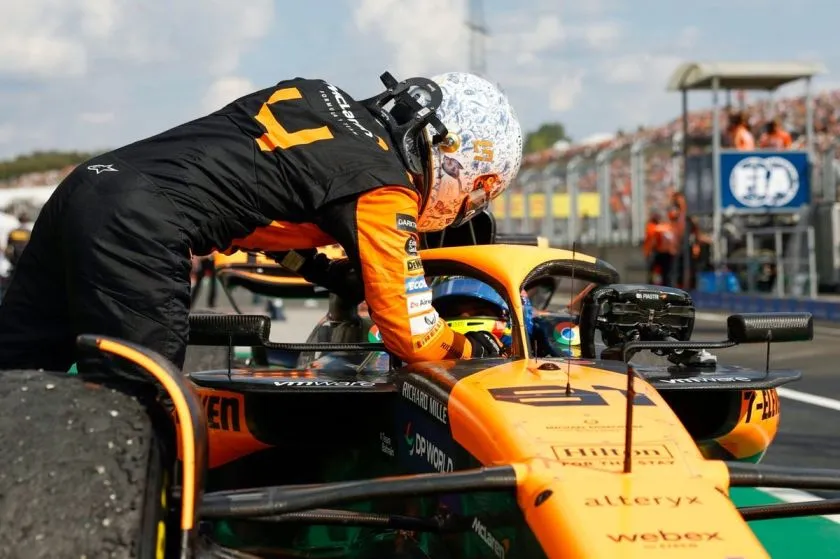
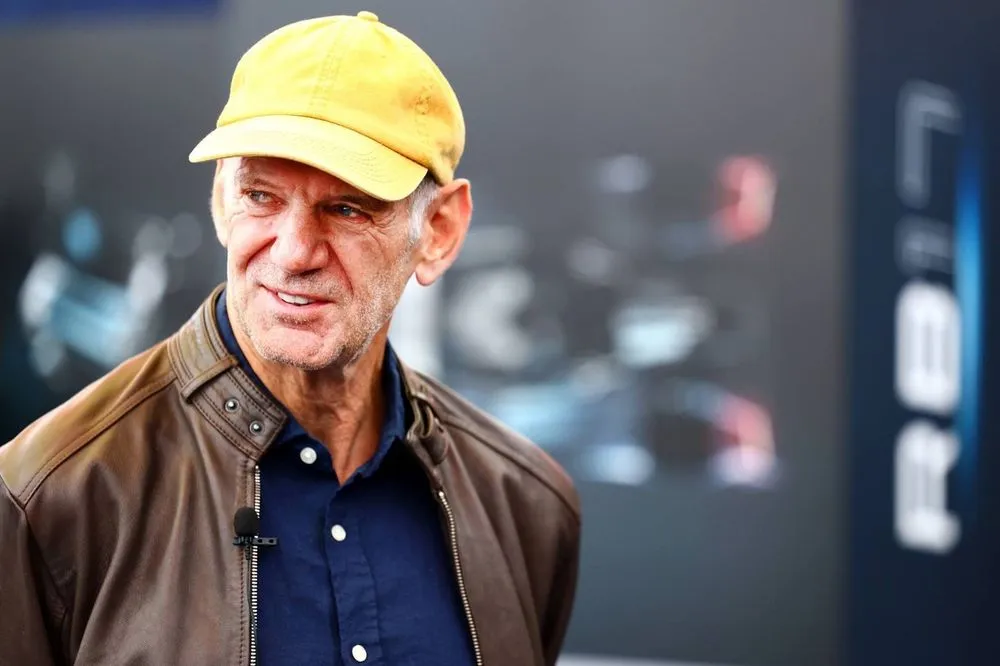
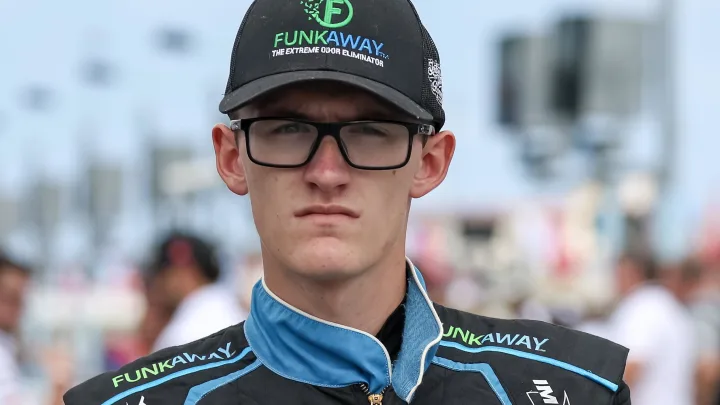
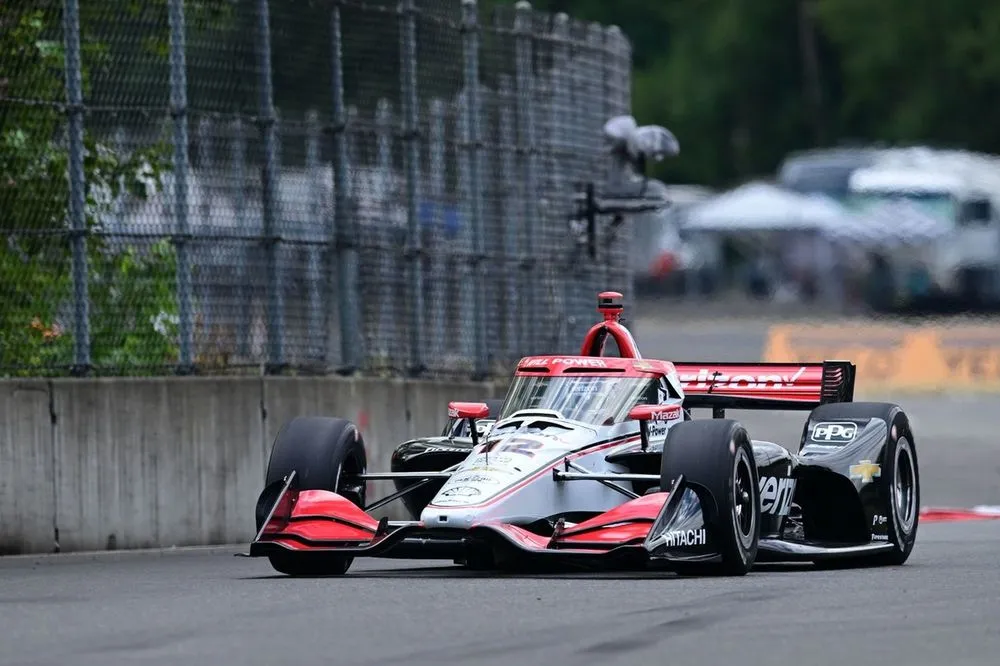

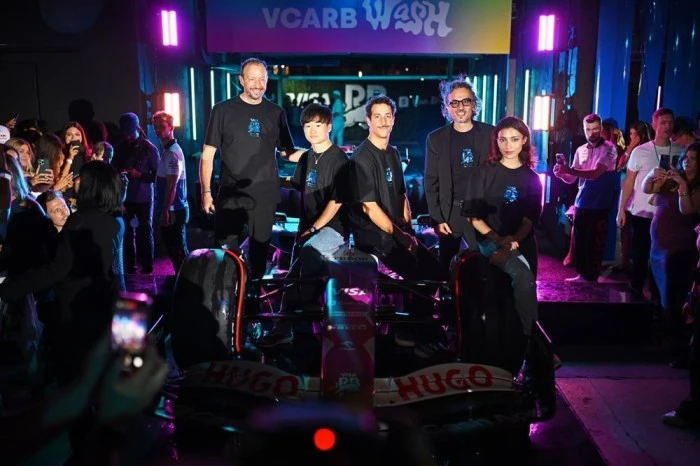
 (1).jpg)

 (1).jpg)
.jpg)
 (1).jpg)
.jpg)


.webp)
 (1).webp)
